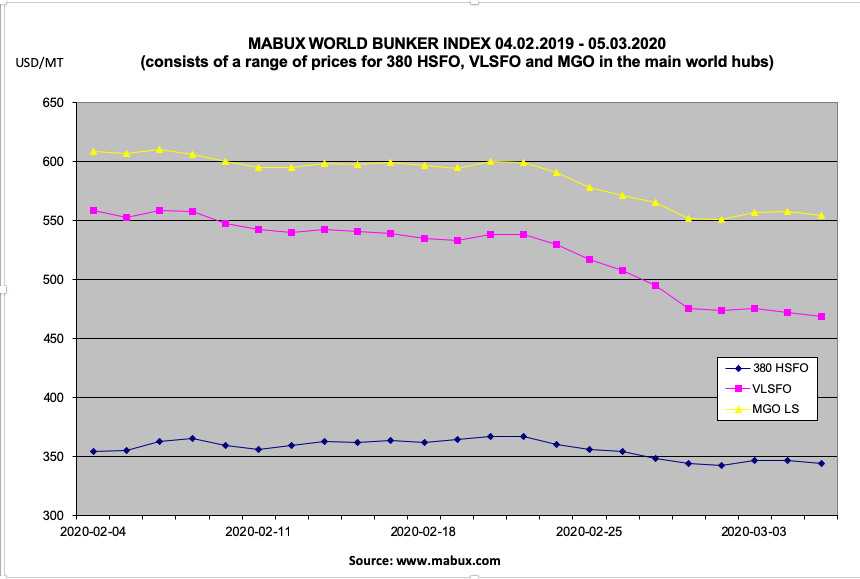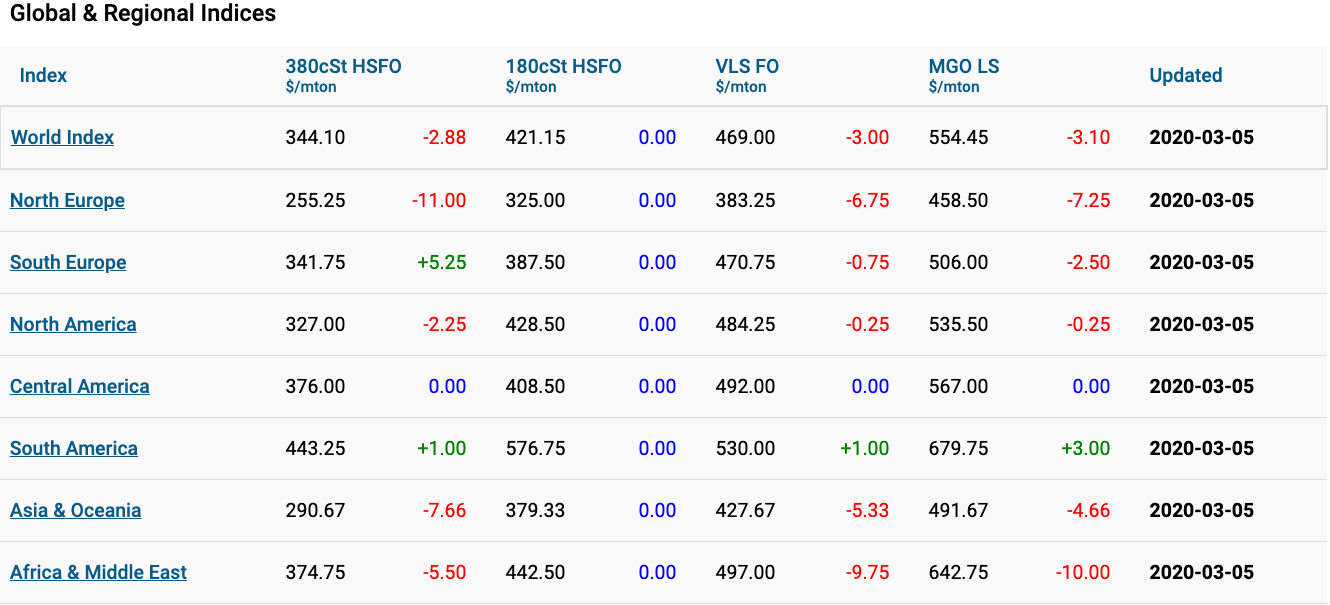A European Commission (EC) proposal to enshrine the EU’s climate goals into law was announced on 4 March, the law will commit Europe to becoming climate neutral by 2050.
In a statement the EC said the European Climate Law “sets the direction of travel” for the union’s policy, giving predictability to all public authorities and businesses. The EU will now embark on a public consultation on the future of the climate pact.
President Ursula von der Leyen said: “We are acting today to make the EU the world’s first climate neutral continent by 2050. The Climate Law is the legal translation of our political commitment and sets us irreversibly on the path to a more sustainable future. It is the heart of the European Green Deal. It offers predictability and transparency for European industry and investors. And it gives direction to our green growth strategy and guarantees that the transition will be gradual and fair.”
However, it is currently unclear whether shipping is included in the new proposals or if the industry will remain outside of the new law regulated by the International Maritime Organization (IMO).

If shipping is included in the new proposals it could have a profound effect on the price of bunkers, and the long-term viability of for ships currently operating within EU waters. The announcement will inject new uncertainty into an industry that is undergoing a major transformation, having set its own carbon targets in March 2018, to reduce emissions to 50% of the 2008 totals by 2050.
EU proposals will be clearer by June 2021 which is when the EU said it will “review, and where necessary propose to revise, all relevant policy instruments to achieve the additional emission reductions for 2030.”
It may be that the maritime sector will need to wait until the full proposals are considered next year to understand what the impact will be on the industry.
In the meantime, the EU has set a road map that will see public consultation for a 1- week period before the next United Nations Climate Change Conference taking place in Glasgow in November 2020 (COP26). In 2023 a review of the policy will be held, and further reviews will take place at five-year intervals.
Next year has been designated the European Year of Rail to highlight the environmental benefits of rail for both passengers and freight.
The commission also states that, “By June 2021, the Commission will review, and where necessary propose to revise, all relevant policy instruments to achieve the additional emission reductions for 2030.” It does not specifically mention shipping, an omission that the activist Greta Thunberg pointed out to the British prime minister when the UK stated its climate credentials.
Meanwhile, in the present day the latest regulation governing the levels of sulphur in bunker fuel oil has seen the price differential between the new blended fuels, VLSFO and the regular HFO close over the preceding month, with expectations that the coronavirus and the levels of inactive tonnage pushing the price of fuel ever lower. Expectations that the all-important spread between the fuels remains at sufficient levels to offer owners that elected to fit scrubber technology a route to a return on the investment made is becoming less clear at a far more rapid rate than had been expected prior to the introduction of IMO 2020.







